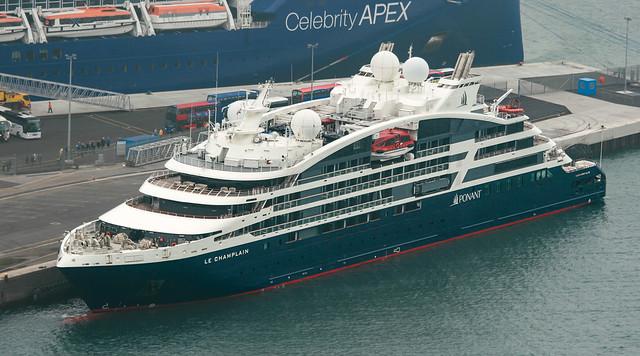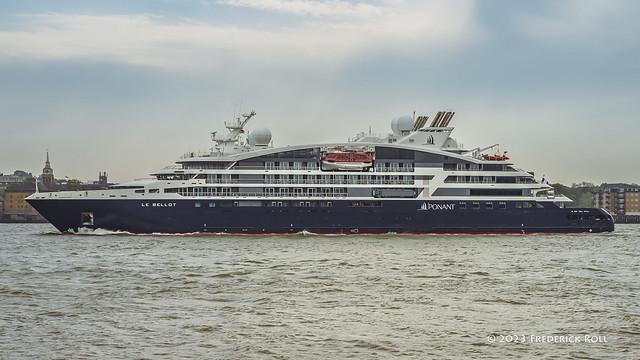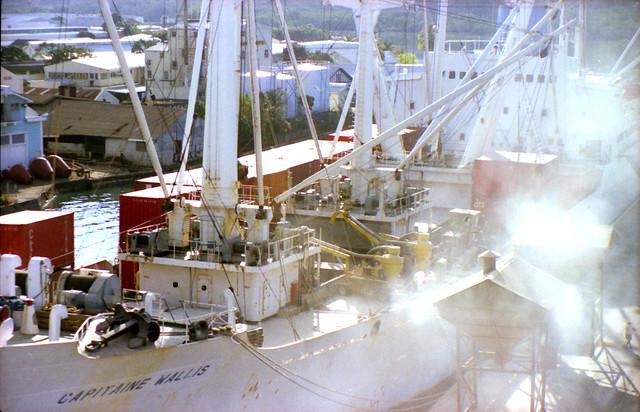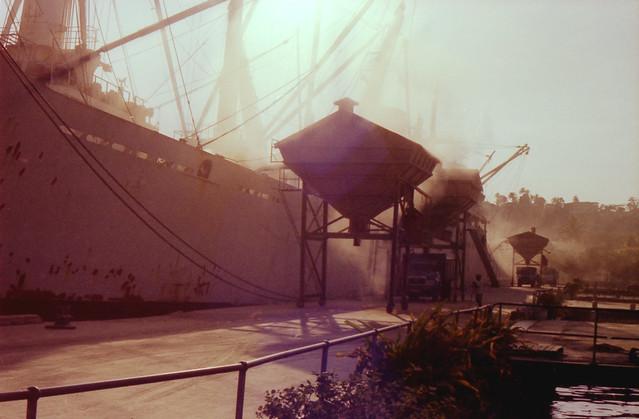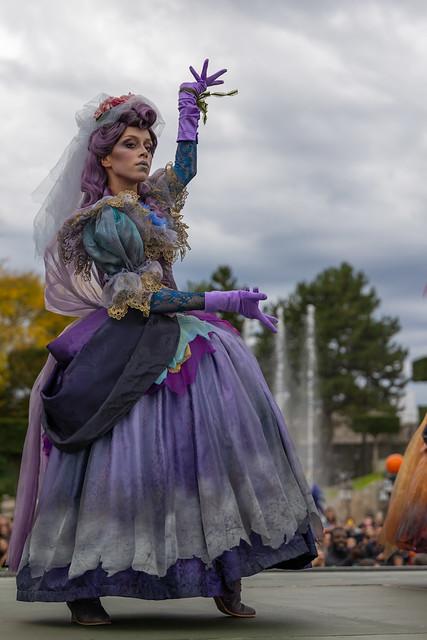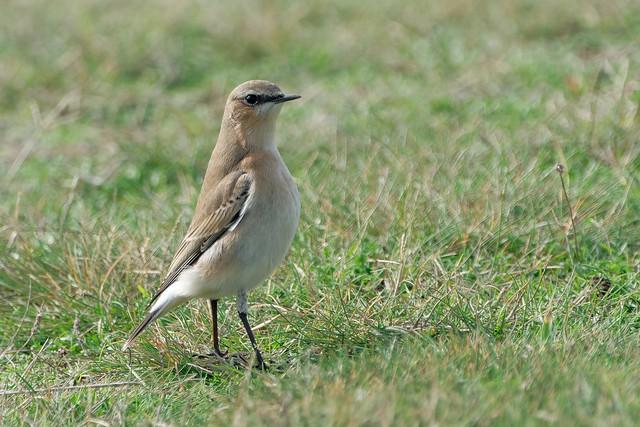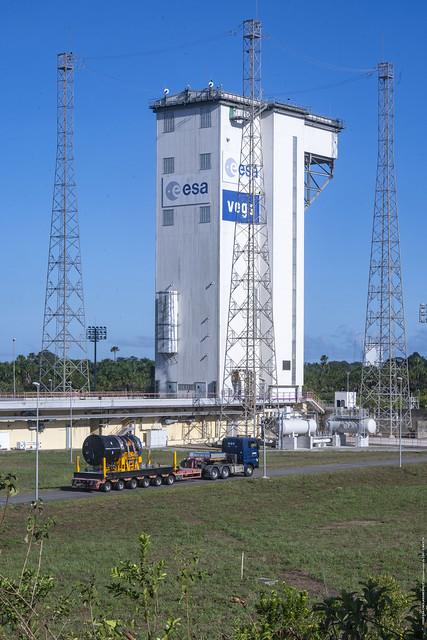Wallis and Futuna
Overview
Overview of Wallis and Futuna
Wallis and Futuna is a French overseas collectivity in the South Pacific comprising three main volcanic tropical islands and a number of tiny islets. It is split into two island groups lying about 260 kilometers apart: the Wallis Islands (Uvea) and the Futuna Islands. This rare and remote destination is steeped in traditional Polynesian culture, largely untouched by mainstream tourism. The local culture is a fascinating blend of French and Polynesian influences, evident in the day-to-day life, language, and cuisine. Unique to Wallis and Futuna are the traditional kings, who play a significant role in the local society alongside the French administrative head. The islands are also known for their significant archaeological sites, including ancient Polynesian forts and talietumu.
High Season for Tourism
The best time to visit Wallis and Futuna is during the dry season, which runs from May to October. During these months, the weather is generally cooler and less humid, making it ideal for exploring the outdoors. Tourists can enjoy a range of activities such as hiking to the crater lakes of Wallis, snorkeling in the pristine waters around the islands, and visiting cultural sites like the beautiful traditional churches and the remains of ancient Polynesian fortifications. The local festivals, particularly the "Futuna Day" in February, offer a great chance to experience the vibrant local culture and festivities.
Preparation for Travel
Travelers planning to visit Wallis and Futuna should prepare for a unique and remote travel experience. It is essential to book flights well in advance as options are limited and flights connect only from certain Pacific locations like New Caledonia and Fiji. Knowing some basic French can be very beneficial as it is the official language and widely spoken; however, Wallisian or Futunan languages are used in daily conversation. Visitors should also ensure they have travel insurance that covers remote medical evacuation in case of emergency. Since the islands offer limited medical facilities, bringing necessary medications and health supplies is crucial. Lastly, respecting local customs and traditions is important in this culturally rich region.
How It Becomes to This
History not available

You May Like
Explore other interesting states in France


